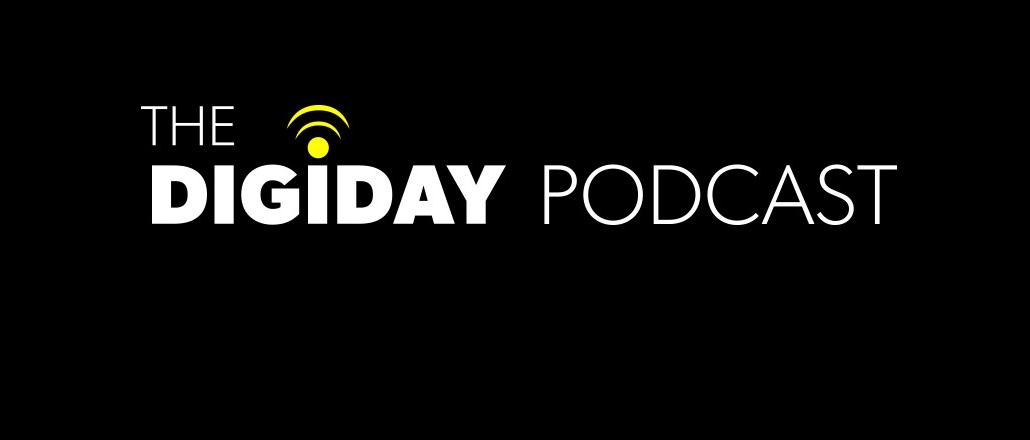Secure your place at the Digiday Media Buying Summit in Nashville, March 2-4
Bleacher Report CEO: Sites with a casual audience are ‘dead’

Already, 2017 is shaping up to be the year of devotion.
Last year digital properties wowed with big numbers on social platforms, but the name of the game now is loyalty, according to Dave Finocchio, CEO of Bleacher Report, who was the guest of this week’s Digiday Podcast.
“Sites that have honest-to-God fans and loyal readers will be fine. Sites that grew up with passers-by readers are dead. They’re dead. My take is if all you are is a site people spin through a couple times a month and you’re monetizing them with display or Outbrain or whatever, a couple years from now you’re dead. If you have real fans and you can get brands integrated, you’ll be fine.”
Below are more highlights from the episode:
Bleacher Report was founded to make sports media fun again
“Sports was getting to the point where it wasn’t entertaining enough. At the end of the day, sports is entertainment and market wasn’t celebrating that. There wasn’t social content. There were a lot of long articles and diatribes.”
Bleacher Report wants to be a “lifestyle brand” for young males
“If you look at the male millennial space, there are not brands that are influencing that generation at scale and shaping the behavior of those consumers. Sports is the best to do that. Sports is the only category where men content about on a consistent basis.”
TV advertising during games won’t reach young sports fans
“If you’re on TV, do you think young people are sitting and watching the commercials? Um, no. Are there less young people watching the game to begin with? Of course, yes.”
The way to compete with the duopoly is differentiation
“They’re going to be totally transactional. Everybody buys the same products off the shelf. If they’re just doing that, we all know when you’re flipping through your Facebook feed you’re not stopping and looking at too many of the commercials that run. If you’re big enough in the content space and you’re able to weave brands very cleverly into content that people are sharing organically, that’s what we have. That’s offering something to an advertiser, for a male millennial demo, that they really can’t get anywhere else.”
Facebook is often not being evil, just disorganized
“They’re less machiavellian than people think, and sometimes they’re just being disorganized. They have competing interests. We’re pretty patient. A lot of people think there’s some evil plan in place. I don’t think there is. There’s an ad sales team in charge of driving revenue, and there’s a media team that’s trying to help publishers. They’re trying to figure it out.”
More in Media

Digiday+ Research: Dow Jones, Business Insider and other publishers on AI-driven search
This report explores how publishers are navigating search as AI reshapes how people access information and how publishers monetize content.

In Graphic Detail: AI licensing deals, protection measures aren’t slowing web scraping
AI bots are increasingly mining publisher content, with new data showing publishers are losing the traffic battle even as demand grows.

In Graphic Detail: The scale of the challenge facing publishers, politicians eager to damage Google’s adland dominance
Last year was a blowout ad revenue year for Google, despite challenges from several quarters.








